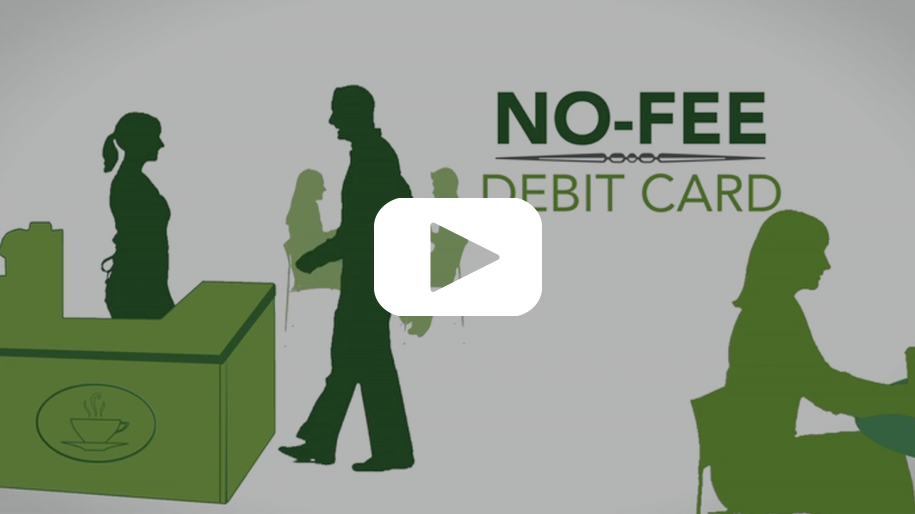Financial basics
Ready to take control of your money? Start by taking a deep breath. We'll help you get started.
The Lucid perspective
- Budgeting: Spend less than you earn and prepare for emergency costs, like a medical expense or car repair.
- Managing debt: Eliminate high-interest debt, like credit cards or private student loans.
- Saving: When saving for retirement, an early start can make all the difference. Make the most of your contributions through available employer match programs.
You can keep track of your money and still have a life. Learn how to slice up your paycheck to make sure you’re spending in the right areas.
Does your spending stack up? Use this simple tool to compare your spending (and saving) against our 50/15/5 rule of thumb.
Need a place to start on creating a budget? This worksheet will walk you through the various monthly expenses you should consider to ensure you have a full picture of your expenses.
How to pay off debt—and save too
Balancing paying off debt and saving can be tricky. Here's a step-by-step guide to getting out of debt for good.
These 7 credit card tips can help minimize your mistakes and maximize your benefits.
Explore new strategies for paying off your student loans
Our easy-to-use tool can help you assess and track your progress.
Struggling with credit card debt and need extra help?
Get a free credit counseling session and make a plan to get a handle on your debt with Money Management International.
Alternative ways to save for retirement
Learn about tax-advantaged ways to save for your retirement when a 401(k) or other workplace plan is not available.
Lucid resources to help you save money
A Lucid® Cash Management Account is an alternative to a traditional bank checking account with all ATM fees reimbursed.1 Plus, no monthly account fees.
No 401(k)? Consider a Lucid IRA
You don't need a 401(k) to begin saving the smart way. Lucid IRAs allow you to build tax-advantaged savings for your retirement.
Teaching teens about money
An account for saving and investing
With a Lucid® Youth Account, teens 13 to 17 can learn to spend, save, and invest in a secure app. Plus, they’ll get a free debit card2—with no account fees or minimums.3
Financial education content for beginners
A lifetime of smart money decisions starts with education. So, we’ve created a library of jargon-free 101-level educational content to help teens understand complicated financial concepts.





